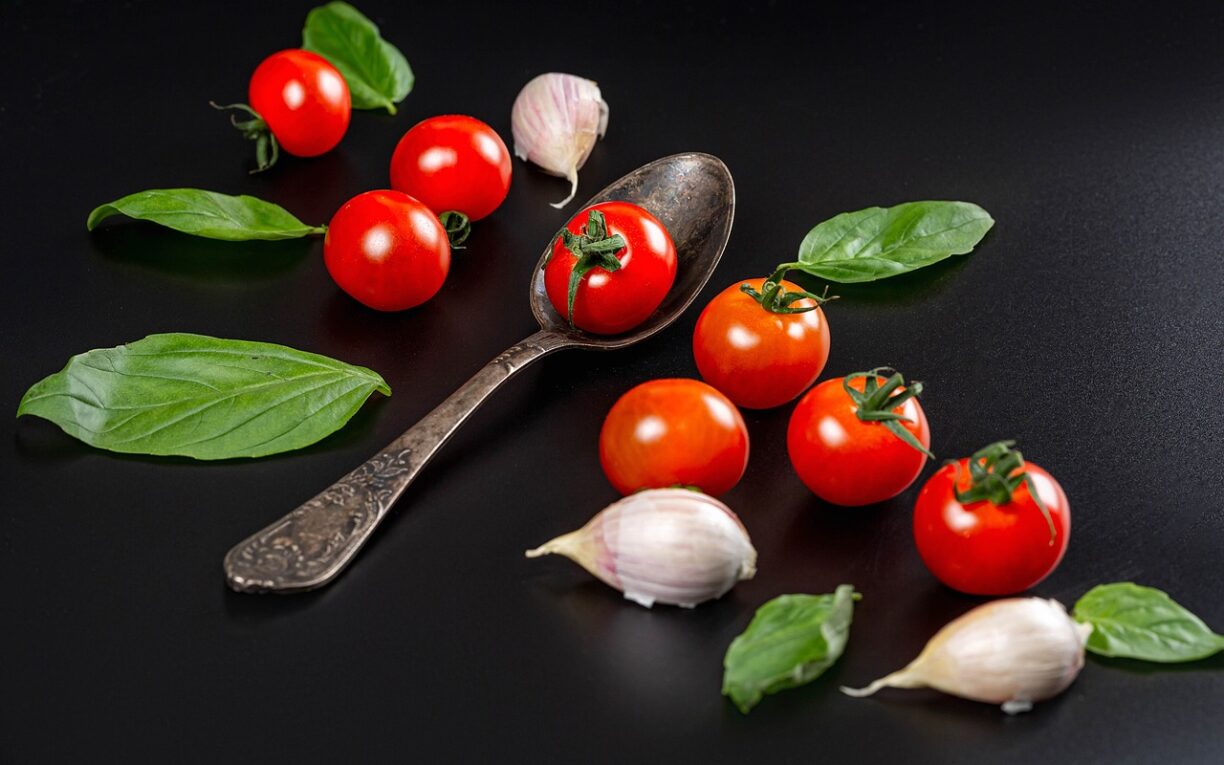Managing high blood pressure is crucial for maintaining overall heart health and reducing the risk of serious conditions such as heart attack and stroke. While medications are often necessary, incorporating certain herbs into your diet can provide natural support in controlling blood pressure levels. These herbs work by improving circulation, reducing inflammation, and promoting relaxation.
Garlic: The Heart Helper
Garlic is one of the most studied herbs for cardiovascular health, known for its ability to lower blood pressure. The active compound in garlic, allicin, helps relax blood vessels and improve blood flow. Regular consumption of garlic can lead to significant reductions in both systolic and diastolic blood pressure. Whether taken raw, in supplements, or added to your meals, garlic is a potent herb that supports heart health.
Hawthorn: The Circulation Booster
Hawthorn is a traditional herb used for heart-related ailments, including high blood pressure. It contains powerful antioxidants like flavonoids, which help dilate blood vessels, improve blood flow, and strengthen the heart muscle. Studies have shown that hawthorn can help reduce blood pressure and enhance overall cardiovascular function. Drinking hawthorn tea or taking hawthorn supplements can be an effective way to incorporate this beneficial herb into your daily routine.
Hibiscus: The Natural Diuretic
Hibiscus tea is not only a refreshing beverage but also a natural remedy for high blood pressure. Rich in anthocyanins and other antioxidants, hibiscus helps lower blood pressure by acting as a natural diuretic, which reduces the volume of blood the heart needs to pump. Regular consumption of hibiscus tea has been shown to significantly decrease both systolic and diastolic blood pressure. Enjoying a cup of hibiscus tea daily can be a delicious way to support healthy blood pressure levels.
Basil: The Inflammation Fighter
Basil, particularly holy basil, is an herb with anti-inflammatory and antioxidant properties that can help lower blood pressure. The eugenol in basil can block certain substances that tighten blood vessels, thereby promoting relaxation and improved blood flow. Fresh basil can be added to salads, soups and other dishes, or you can brew basil tea for a calming and health-boosting beverage. Incorporating basil into your diet can contribute to better heart health and lower blood pressure.
Tomatoes: A Natural Ally for High Blood Pressure Management
Tomatoes are a nutritious and versatile fruit that can significantly aid in managing high blood pressure. Rich in the antioxidant lycopene, tomatoes help protect cells from damage and reduce blood pressure levels. They are also an excellent source of potassium, which balances sodium levels in the body and promotes healthy blood vessel function. Additionally, tomatoes provide essential nutrients like folate, vitamin C and vitamin E, which support overall cardiovascular health. Incorporating tomatoes into your diet—whether raw in salads, cooked in sauces, or as a refreshing juice—can be a delicious and effective way to naturally support heart health and manage high blood pressure.
Combining Herbs for Optimal Results
Cthese herbs into your diet can create a synergistic effect, enhancing their individual benefits and providing comprehensive support for managing high blood pressure. Embrace the power of natural remedies and make these heart-friendly herbs a part of your daily routine to help maintain healthy blood pressure levels and overall well-being.
However, it’s important to consult with a healthcare provider before starting any new herbal regimen, especially if you are taking medications or have underlying health conditions.
Shopping
| Visit the new SHOPPING page for a wide selection of great products! |
Always take care when taking herbs and Read Our Disclaimer.



Leave a Reply